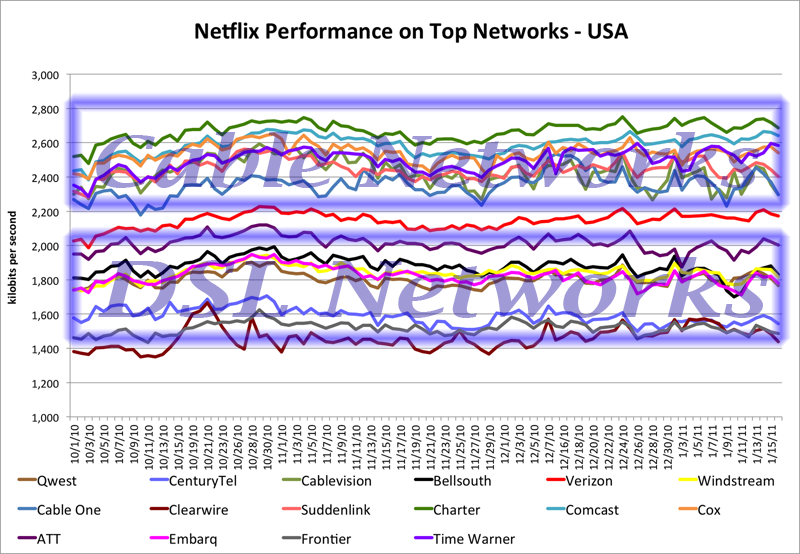
Fast, affordable Internet access for all.

Kevin Litten, of the Baltimore Business Journal has published a good discussion of why Baltimore is considering a public investment to expand the City's fiber network.
Councilman William H. Cole IV still bristles when he talks about the absence of FiOS in the city, a decision industry observers say has played out in other urban areas where the suburbs outrank the city in wealth. “When you look at a map of Maryland and what counties they chose to skip, Baltimore stands out, and it stands out for all the wrong reasons,” Cole said. “We need to explore every option we have to remain competitive. You can’t talk about being a great city for biotech and trying to attract startups and continue to expand the [University of Maryland] BioPark and not continue to invest.”
Litten also explored how Comcast is damaging area businesses by abusing its position as the sole citywide provider of fast Internet access (Verizon does poor DSL):
At No Inc., a 10-employee tech firm that develops software for commercial real estate, Chief Technology Officer Alex Markson said that Comcast wanted to charge $20,000 to build infrastructure to the company’s small office building on Water Street downtown.
The company had to settle for an affordable, but vastly inferior wireless connection from Clear using WiMAX. Keep this in mind the next time you hear that wireless is providing an alternative to the cable and telephone monopolies.
But that setup, which includes a barbecue grill-like satellite dish pointed out the window of the company’s offices, isn’t ideal. Productivity plummets when employees have to wait for long downloads. When using technology such as GoToMeeting to make sales pitches, “you’re not crushing it because you look like you’re slow,” Markson said.
And finally, Litten quotes some guy named Christopher Mitchell that seems to know what he is talking about:
Customers began complaining in mid-2010 that Clearwire had begun to throttle their home Internet connections, sometimes as slow as 256Kbps. It wasn't clear (ba-dum ching) at the time as to what standard Clearwire was using in order to trigger the throttling—some users were told about monthly usage caps while others were simply told that there were certain times of day in which the network would be congested. Customers were frustrated at this lack of transparency, and complaints began piling up all over the Web.We were told for years that WiMax would obviate the need for last-mile wired connections. Now we are told that 4G LTE will solve those problems - and gullible reporters gush about how fast their connections are in these early days as the network is built. This is akin to driving on a metro interstate at 3AM and wondering why anyone would ever complain about rush hour traffic. 4G networks will likely be much better than 3G (it is a higher number, after all) but it remains to be seen how well they perform in real world conditions when many devices can actually attach and congest them. We remain skeptical of wireless as a solution to last-mile problems. Wireless does little more than take a high-capacity wired connection and split it among hundreds or thousands of users - while reducing its reliability.
The Netflix Techblog has released a graph of performance by Internet Service Provider - which I modified to demonstrate the Looming cable monopoly as identified by Susan Crawford (and recently discussed here by Mitch Shapiro).

The trend is unmistakable. There are 2 distinct groupings - the cable providers all beat the DSL providers (Verizon is in the middle, likely due to its fast FiOS speeds averaging with much slower DSL connections). At the very bottom is Clear's 4G WiMax - you know, the superfast wireless that is the key to fast broadband!
Communities need to read this chart and take a lesson: the future of broadband is not pretty if you do not have a network that puts your needs first. Cable broadband speeds are increasingly more rapidly than DSL, meaning a local monopoly on high speed broadband, with DSL slowly becoming the modern dial-up.
Today, we at MuniNetworks.org have released the first of a series of regional broadband comparisons examining the benefits of community networks. We decided to start with the Minneapolis / St Paul area, where we live and work. Read the Analysis [pdf]